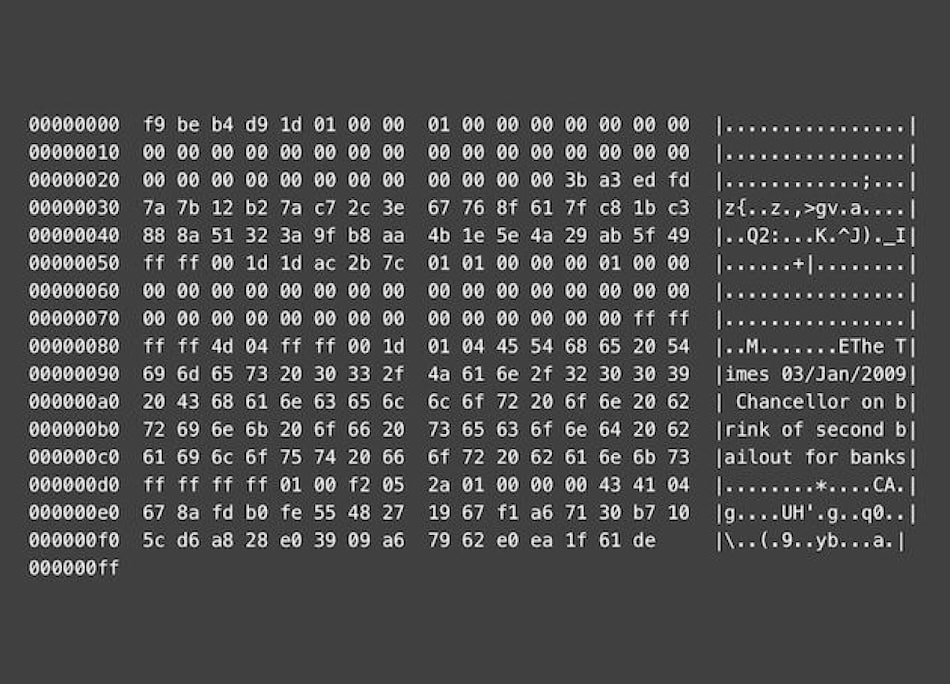
Key Takeaways
- IRS postpones new Bitcoin tax rules to January 1, 2026.
- Default FIFO method could result in higher taxes for investors.
- Brokers and investors gain time to prepare for the changes.
The US Internal Revenue Service (IRS) has pushed back its digital asset tax reporting rules by one year, now slated to take effect on January 1, 2026.
The delay, originally set for January 2025, gives brokers and investors additional time to implement the complex requirements.
Cost basis rules
These rules aim to calculate the cost basis of Bitcoin transactions conducted on centralized platforms.
If investors do not choose an accounting method, the default “First In, First Out” (FIFO) rule will apply, which assumes the earliest purchased Bitcoin is sold first.
This could significantly increase capital gains taxes, particularly in a bull market.
Tax implications
According to Shehan Chandrasekera, Head of Tax Strategy at CoinTracker, FIFO potentially creates substantial tax liabilities.
Alternative methods like “Highest In, First Out” (HIFO) and “Specific Identification” (Spec ID) are allowed, offering more flexibility to reduce taxes.
However, most brokers are not yet equipped to support these options.
Legal challenges
The delay comes as the IRS faces legal challenges from major digital asset organizations, which argue that the rules infringe on privacy and overburden market participants.




